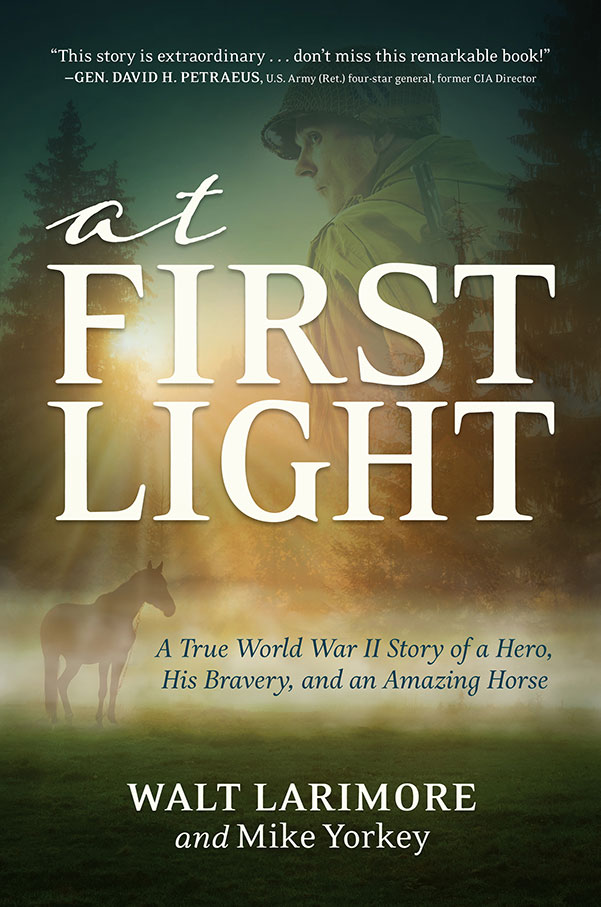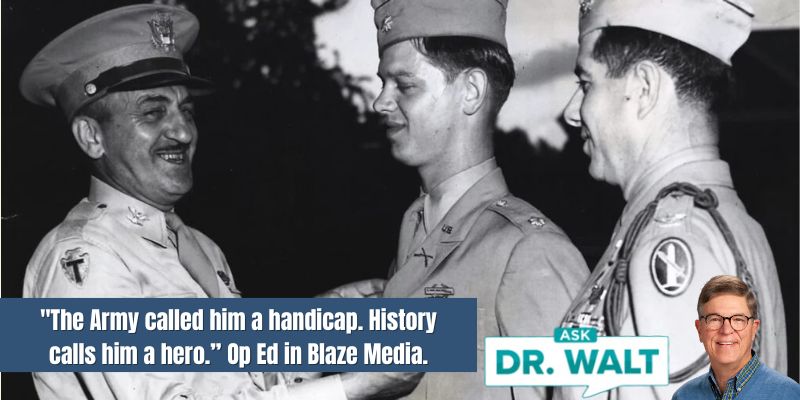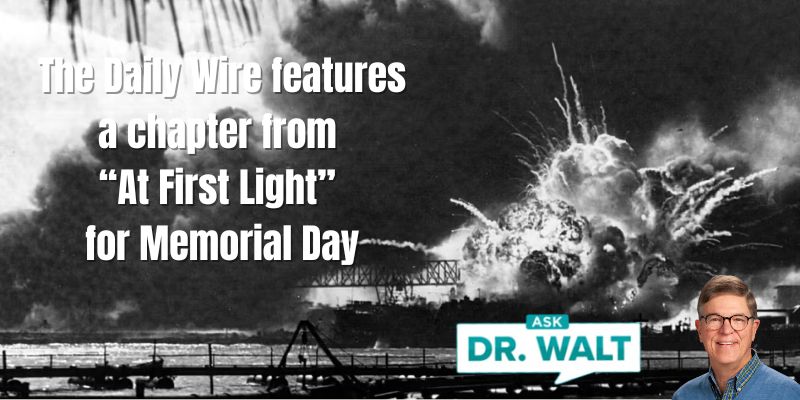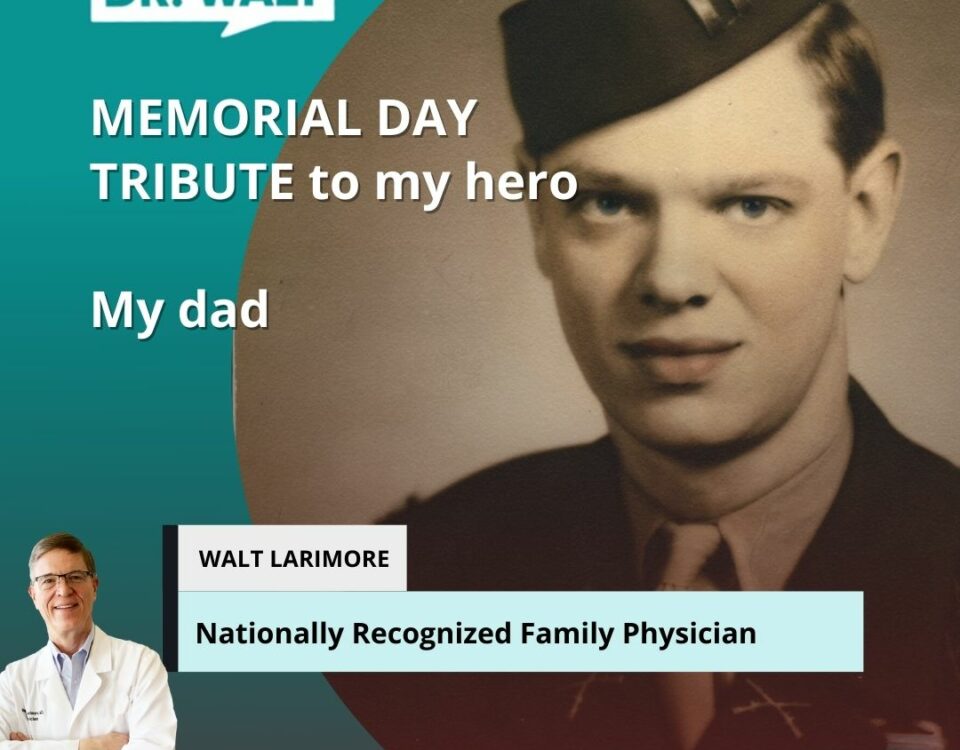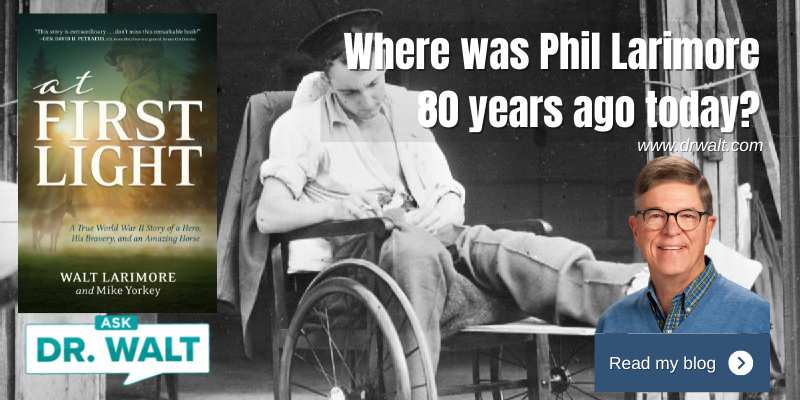
November 20, 1944 – Dad is transferred to another hospital while the 3rd Infantry Division marches on
November 20, 2024
November 23, 1944 – Dad’s Thanksgiving meal in a European Hospital
November 23, 2024In the area around St. Dié, the enemy chose to withdraw t0 prepared positions in higher elevations to the east in the second Vosges line. Before the German 716th Volksgrenadiers withdrew, however, they burned the better part of of city of St. Dié. When [U.S. soldiers] enter the city limits on 22 November, they found the city, which had been home to twenty-three thousand inhabitants, reduced to flaming ruins.[1]

As we approached the Muertha[sic] River, we head explosions in the distance. The Germans were methodically destroying the city of Saint-Dié-des-Vosges. Over the city was a big cloud of smoke.
Around us were the burned dead bodies of humans and beasts. As we approached St. Dié, we saw that the city was on fire. The Germans had killed everyone they could find and torched the place. For awhile we did not see a living soul.
Suddenly an old woman stepped out of the rubble. “Americans?”
When we said yes, she turned to the rubble and yelled, “Americans!”
Soon people started to appear. They were all shaken up, and we did our best to calm them down. We handed out cigarettes and some of our rations. We tried to convince them that help was on the way.
The townspeople told us stories of German atrocities. Local men had been castrated in public, and the Germans had dragged the bodies of American POWs through the streets behind cars.
These stories would have been hard for us to believe had it not been for the passion in their voices and the tears in the eyes of the townspeople as they told us the tales.
As we left town, the French civilians lined both sides of the streets and sang their national anthem to us.[2]
~~~~~
[1] Bonn, When the Odds Were Even, 127.
[2] Soskil, 59-60.
In case you haven’t read or listened to Dad’s book, you can learn more or order it here.
© Copyright WLL, INC. 2024.

